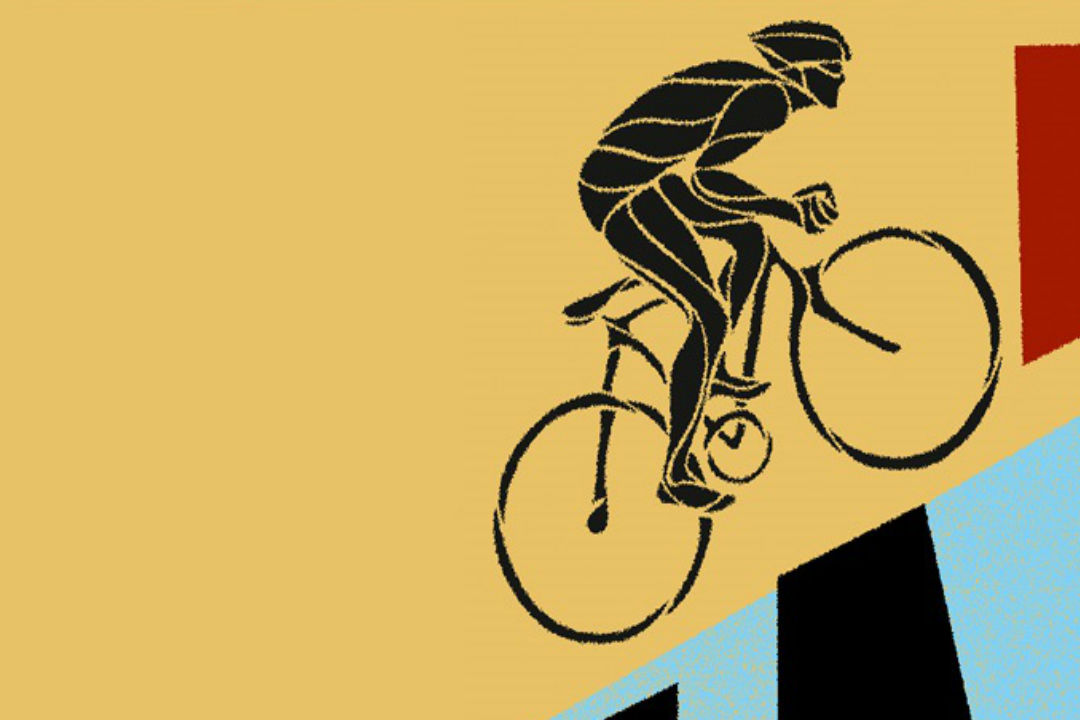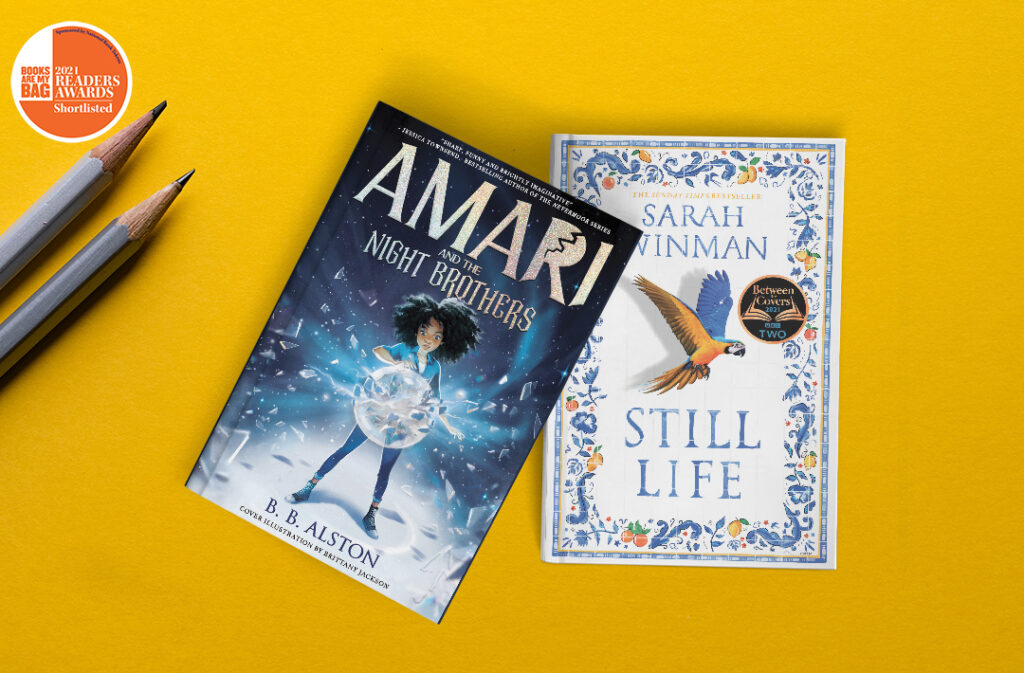I wanted to try and catch some of the oddness of those who choose to devote their lives to sporting endeavour, to take an athlete’s life seriously.
Because I’ve written a novel a about professional cycling, people often ask me whether I’ve raced bicycles myself. My answer is that I have, a little, but never well, only in the process of doing a little first-hand research for my book.
The closest I’ve come to serious sporting success was running the 800 meters when I was a teenager. Most summer weekends, when I was between the ages of twelve and seventeen, were spent at athletic tracks around the Midlands: sun faded ovals of red rubber in neglected 70s sports complexes. I ran the 800m because that was what I happened to be best at. It’s not a distance which you choose, but one which chooses you. I don’t say this because there is a romance to the 800m, but because the combination of speed and duration make it particularly painful and I would have much rather excelled at almost anything else.
At the peak of my training, I went to the track five nights a week. That was enough to get me into races with really good runners – runners who might one day become professionals – and enough to show me, as I was left in these guys’ dust, that I was never going to be great.
What I took from that period, along with a dodgy left knee, was some glimpse of the temperament required to be a successful athlete. None of us were very normal: other teenagers were getting drunk and falling in love, and here we were obsessing about how to run two times around a track a little faster. At such intensity, each race felt like doing violence to one’s own body. The best runners had an uncanny ability to endure pain, an apparent capacity to spend great chunks of time nearly thoughtless. They could go somewhere within themselves the rest of us could not.
I think of these years whenever there is a sporting scandal and somebody in press complains about sportspeople being poor role models. I’m astounded at the idea that we expect athletes to be the best in the world at what they do, and yet, at the same time, normal, relatable and balanced (I have a parallel thought about that strange wish for politicians to be ‘ordinary folk’).
In We Begin Our Ascent I wanted to try and catch some of the oddness of those who choose to devote their lives to sporting endeavour, to take an athlete’s life seriously: not as some fleeting lesson for children, but an accounting of the years of nurturing a single capacity, creating an odd, lopsided version of the self.
 We Begin Our Ascent
We Begin Our Ascent
Joe Mungo Reed
Out 5th July 2018
Hardback
The Borough Press
9780008298159
RRP 12.99
Photo credit: Jo Hanley



